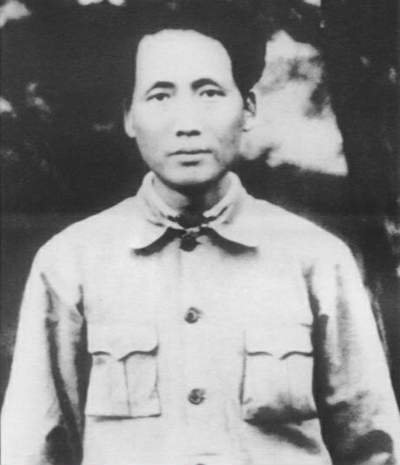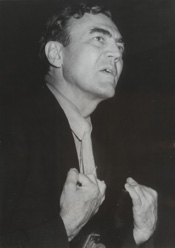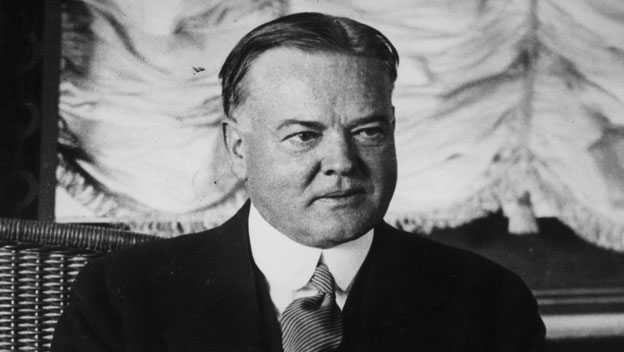Part XII: Chaos In The Pacific
Japan was becoming the strongest power in the world. The Soviet Union was mired in depression. France and Germany were in the midst of civil unrest and a messy fascist takeover. Great Britain's empire was stretched thin. Italy was attempting to resist the Fascists. The United States was dithering on foreign policy and was isolationist, their President unsure of himself, making his reelection his main concern. Japan, meanwhile, had conquered nearly all of the East Pacific, Korea, and Manchuria. They had the best weapons and the most resources. Their economy was a well-oiled machine. With the rest of the world distracted, Japan invaded China, sparking the Sino-Japanese War and Invasion of China. With civil war between warlords supporting the Kuomintang and the Communists supported by the USSR, Japan managed to conquer Beijing within 19 days. The invasion began on September 9, 1935 and was done by the 28th of the month. Kuomintang leader Chiang Kai-shek fled to Tibet while Communist leader Mao Tse-tung was found in hiding by the Japanese and was executed on October 3, 1935.

Mao Tse-tung, a man with a promising future in Communist China, was killed by the Japanese
With Tse-tung's death, the coalition between the Kuomintang and Communists largely fell apart. Wih Kai-shek gone as well, northeastern China had effectively been ceded to the Japanese. The Japanese had lost few lives, and had just gained an even stronger foothold in the East.
The next step was invading southeastern and southern China. The key to that plan was conquering Shanghai. However, the Kuomintang, with assistance from the British and the Soviets, held on to the city, refusing to cede even an inch of land to the Japanese. The conflict grew quickly into a bloody stalemate.
However, the fact that Japan held Taiwan allowed them to easier access the South China sea and as such launched an invasion of French Indochina. The peoples of this colony had risen against French as the nation fell into chaos at home, which led to a weak colonial force. French Indochina succumbed to Japanese forces relatively quickly. Suddenly, southern China was under attack from the South as well, and the British came close to folding as defending Thailand, Burma, and India became a priority as well. Even as the Anti-Japanese Alliance barely held Shanghai from the Japanese, their only defensible entryway a small corridor from the south, the Japanese launched an assault on Hong Kong and Macau.
East Asia as of 1935, Dark red denotes Japanese Control
While this was occurring, the United States worried of two things: Hawaii and the Philippines. Both were vulnerable to attack, especially the Philippines, who were slowly gaining autonomy, and as such, losing U.S.A. protection. Garner, never really friendly to the Japanese, made a political as well as economic move: he started an oil embargo against the Japanese. 80% of Japan's oil came from the United States, and Garner claimed that he embargo would allow the United States to produce oil for itself, and not focus on others. Garner also stated that continuing to sell oil to Japan was helping an evil force that was actively opposed to United States interests. The decision was a relatively popular one; the public bought his claims. Few would realize how this would accelerate Japanese aggression, not even the Brain Trust. Regardless, Garner prepared American interest in the Pacific for potential war.
The incoming Presidential race was already heating up. Louisiana Senator Huey Long ran on a economically populist platform, claiming (with some warrant, too) that the Great Reform was in no way adequate for the average worker. On the Republican side, maverick Senator William Borah who was strictly isolationist and economically progressive, faced off against Kansas Governor Alfred Landon.
After Garner made his decision to enforce the oil embargo, somebody else joined the race for the Republican nomination. Running as a soft isolationist, fed up with the opposing sides on foreign policy issues that Garner had taken throughout his presidency and claiming that the Great Reform was an expensive waste, former President Herbert Hoover announced that he'd be running for the GOP nomination on January 12, 1936.
Fmr. Pres. Herbert Hoover
A dramatic election season was arriving.






